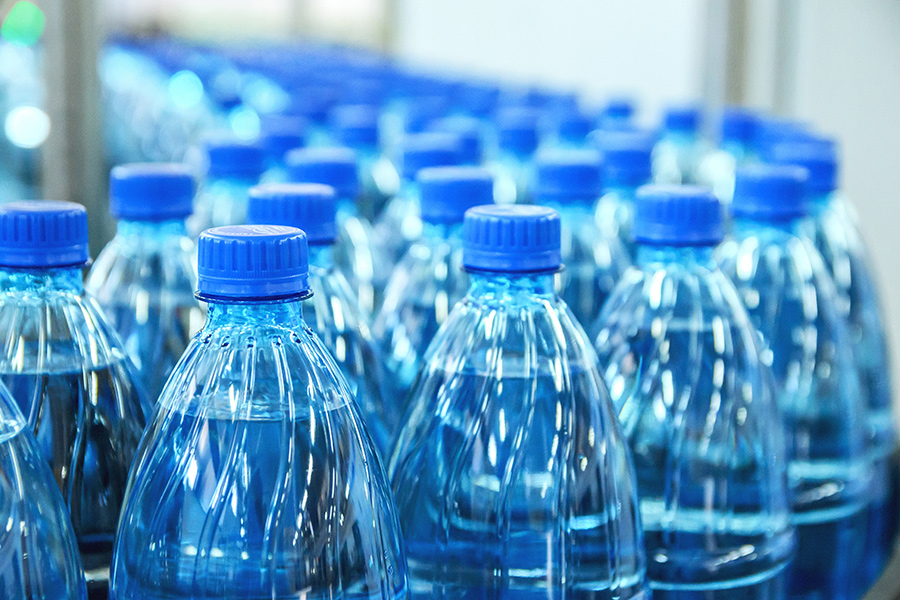Reduction of Single-Use Plastic on College Campuses
Friday, August 26, 2022
Plastic pollution has become an environmental concern in many communities, and college campuses are no different. Students across the country cite plastic waste as one of their top global concerns. As colleges begin a new semester, what is being done to help curb plastic pollution?
Since plastic water bottles are a significant contributor to single-use plastic waste, water bottle re-filling stations have become popular across the country as a way to encourage use of personal reusable water bottles. Some universities have taken that a step further and are also removing plastic-bottled beverage options in vending and retail locations. Plastic bottles have been replaced with metal or glass alternatives, which are much easier to recycle. Refillable containers for fountain beverages are being initiated on some campuses.
The use of plastic takeout containers has also increased over the past couple years, partly because COVID protocols required that food be individually packaged, and in many cases dining halls only offered to-go meals. One growing initiative in campus dining halls is the replacement of single-use plastic takeout containers with reusable containers. The basic concept is that students receive a reusable container that can be used in campus facilities, and when they return it, they can get another one. In some cases, the students pay a one-time fee to receive their initial container, and in other cases that cost has been borne by the university. About two years ago, a Dartmouth student participating in the reusable container program on their campus launched the Green2Go initiative, a service that helps colleges around the country start their own reusable container program. The initiative has been successful, and now there are more than 50 campuses nationwide participating in the Green2Go plastics initiative.
Some universities are beginning to ban single-use plastics on campus. The targeted items are those designed to be used only once such as water bottles, cutlery and plastic bags. This will require some plastic alternatives such as reusable or compostable products and will likely involve additional cost.
Students are important stakeholders at universities, and while they do not have much direct control, they do have the collective power to influence administrative decisions. Since college campuses are large consumers, they can use that purchasing power to help elevate products that are more environmentally friendly.
Surveys have shown that a university’s commitment to environmental stewardship is important to high school seniors making decisions about where to attend college. Since student numbers are directly linked to funding, colleges are paying attention to the opinions of these potential future students.
The last few decades have seen huge increases in disposable products aimed at consumer convenience; but have we reached a tipping point where ‘disposable’ is no longer a desirable attribute? It seems that a growing trend is the replacement of disposable containers with reusable containers.

